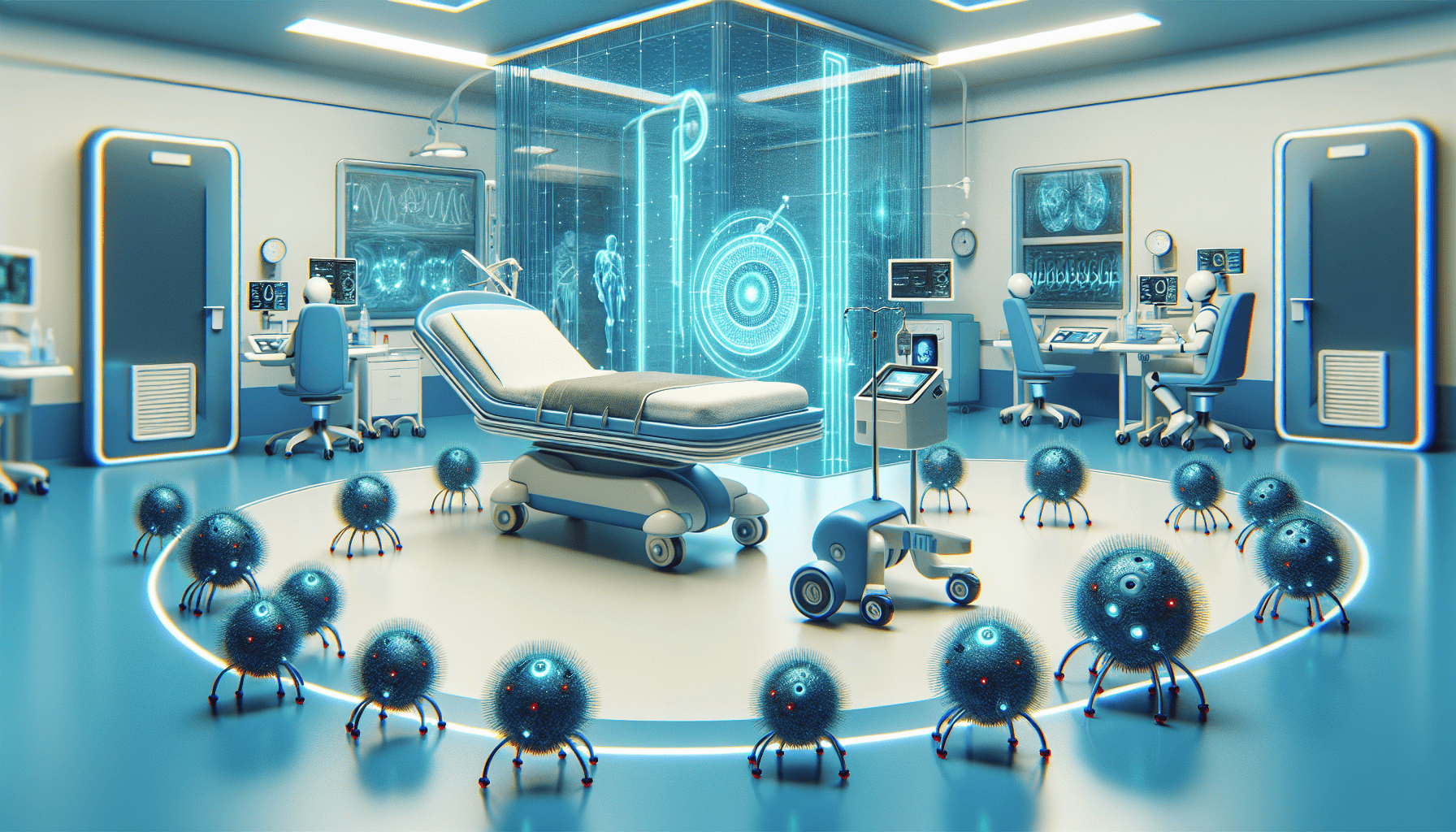Nanotechnology, the science of manipulating matter on an atomic or molecular scale, is poised to transform the landscape of healthcare. This burgeoning field offers unprecedented opportunities to innovate and redefine medical practices, creating new avenues for the diagnosis, treatment, and prevention of diseases. From enhancing drug delivery systems to developing advanced diagnostic tools, nanotechnology's impact on healthcare is both profound and promising.
One of the most significant applications of nanotechnology in healthcare is in drug delivery. Traditional methods of drug administration often face the challenge of targeting specific cells or tissues, frequently leading to systemic side effects. Nanotechnology addresses this issue by enabling precise drug delivery at the molecular level. Nanocarriers, such as liposomes and dendrimers, can be engineered to deliver therapeutics directly to diseased cells while sparing healthy tissue. This targeted approach increases the efficacy of drugs and minimizes adverse effects, particularly in the treatment of cancers.
Nanotechnology also plays a crucial role in enhancing diagnostic techniques. Nanoscale biosensors and imaging agents enable the detection of diseases at their earliest stages, long before symptoms manifest. These nanosensors can detect minute biomolecular changes indicative of conditions like cancer or cardiovascular diseases, allowing for early intervention and improved patient outcomes. Additionally, nano-enabled imaging techniques, such as quantum dots and nanoparticles-based contrast agents, offer high-resolution insights into cellular processes, revolutionizing the accuracy and effectiveness of diagnostics.
Another promising avenue is the use of nanotechnology in regenerative medicine. Nanostructured materials can mimic the extracellular matrix, providing scaffolds that support the growth and differentiation of cells. This capability is pivotal in tissue engineering and the development of artificial organs, heralding a new era of replacement therapies for damaged tissues and organs.
Moreover, nanotechnology is making headway in personalized medicine. By analyzing genetic materials at the nanoscale, researchers can develop tailored therapeutic strategies that are customized to an individual's genetic makeup, enhancing the effectiveness of treatments and reducing the likelihood of adverse reactions. This approach not only optimizes patient care but also reduces healthcare costs by minimizing trial-and-error treatments.
As with any emerging technology, the implementation of nanotechnology in healthcare raises ethical and safety concerns. Nanoparticles, due to their small size, can easily penetrate biological barriers and accumulate in organs, posing potential risks. Therefore, rigorous testing and regulation are essential to ensure the safety and efficacy of nanomedicine applications.
Looking ahead, the future prospects of nanotechnology in healthcare are immense. Continued advancements in nanofabrication techniques, coupled with a deeper understanding of nanoparticle interactions with biological systems, will pave the way for more sophisticated nanomedical applications. The integration of artificial intelligence and machine learning with nanotechnology holds further promise, enabling the development of intelligent drug delivery systems and predictive diagnostic tools.
In conclusion, as we stand on the cusp of a new era in medical science, nanotechnology emerges as a pivotal force driving transformation in healthcare. Its potential to revolutionize drug delivery, diagnostics, and regenerative medicine is boundless. By harnessing the power of the nanoscale, medical science takes a leap forward, promising a future where diseases are not just managed but effectively cured, and healthcare is genuinely personalized to meet the unique needs of each individual.
